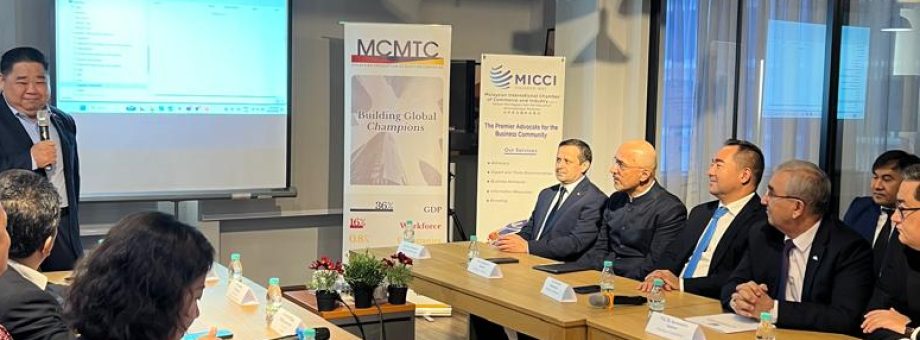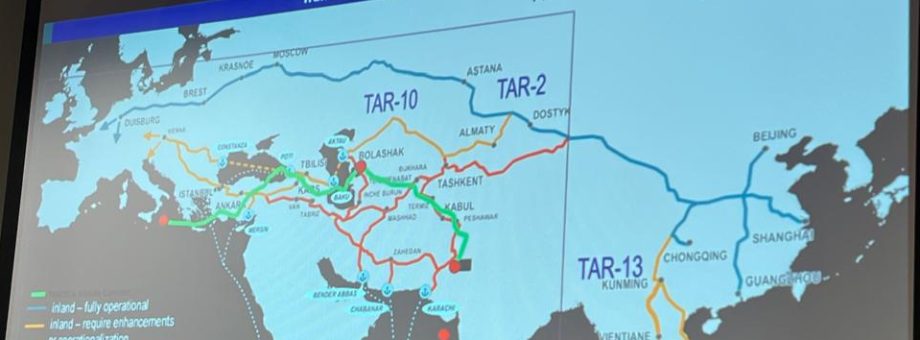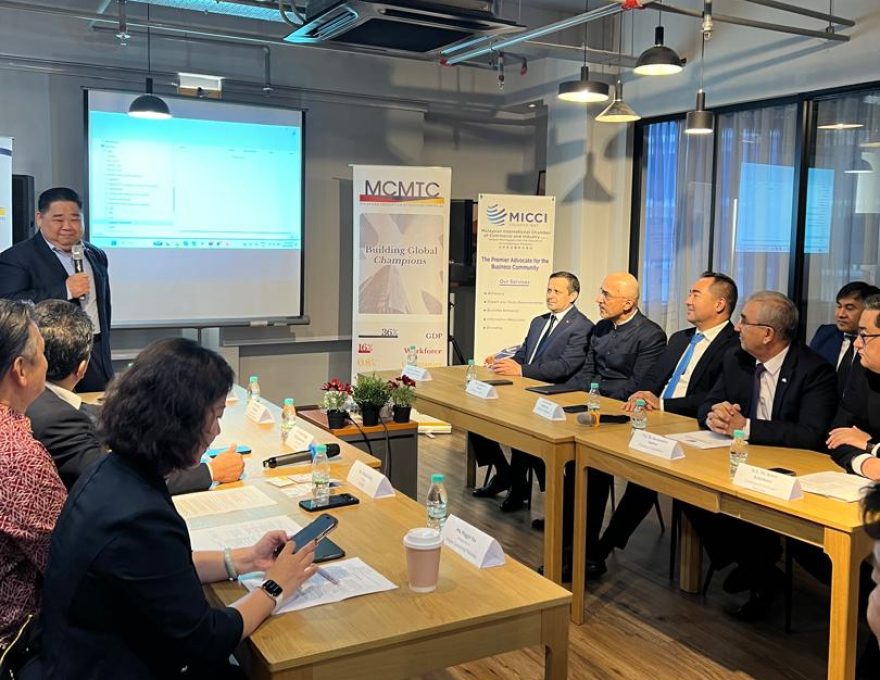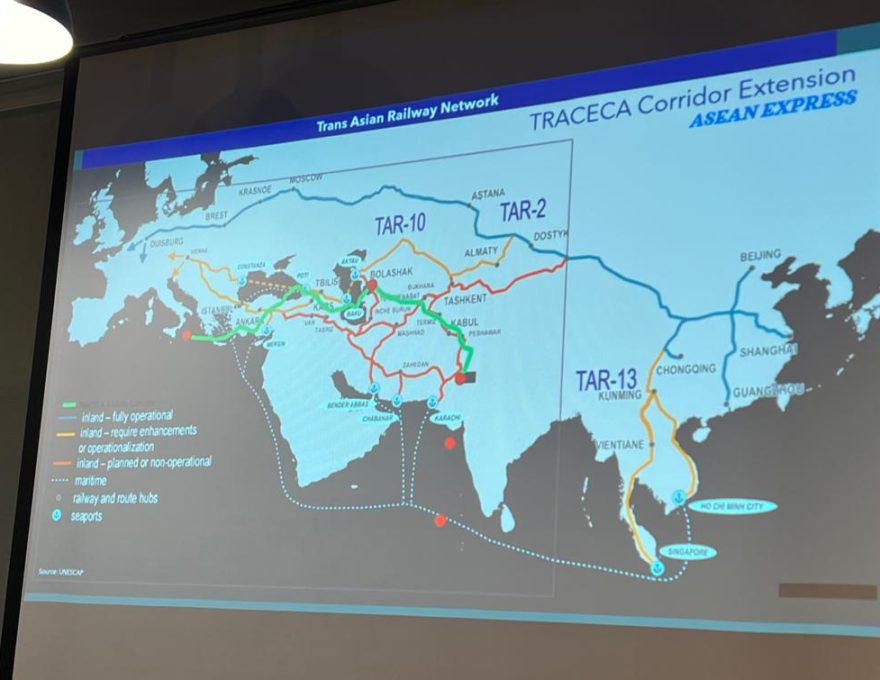International Conference on the Activities of Logistics Centers Connecting Central Asian Countries and ASEAN
An international conference was held, organized by the Malaysian International Chamber of Commerce and Industry and the Malaysian Consortium of Medium-Sized Companies, dedicated to the study and development of acceptable transport routes between ASEAN countries and Central Asian countries across their borders. The seminar was attended by ambassadors from Central Asian countries, heads of the aforementioned agencies, private entrepreneurs, and business representatives.
During the event, participants in the business meeting presented a brief overview of their logistics activities. Speakers noted the advantageous geographical position of Central Asian countries in the future, pointed out their potential for using transit corridors, and discussed the development of routes that meet all requirements.
Taking advantage of the opportunity, the Turkmen side announced that in the first ten days of August this year, Turkmenistan hosted the third UN Conference on Landlocked Developing Countries at the highest level in the Avaza national tourist zone. This forum is an important platform for strengthening cooperation between states, international organizations, the private sector, and, most importantly, civil society. It was noted that the goals of achieving sustainable development, ensuring social equality, and environmental sustainability can only be successfully achieved on the basis of broad, inclusive cooperation.
Under the leadership of the respected President of Turkmenistan, the country acts as a state that puts forward progressive initiatives and is committed to the principles of international peace, cooperation, and sustainable development. It has been confirmed that our country consistently brings to the international agenda the most important issues of socio-economic development of landlocked countries, and actively participates in the expansion of international cooperation in areas such as the modernization of logistics systems, the creation of transit and transport corridors, and the simplification of trade operations.


 NEWS
NEWS



